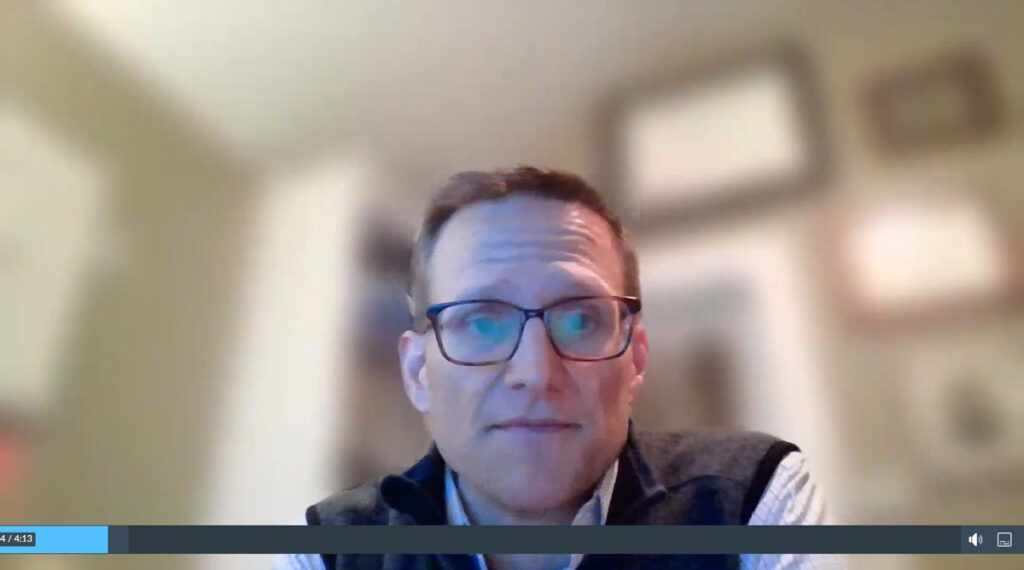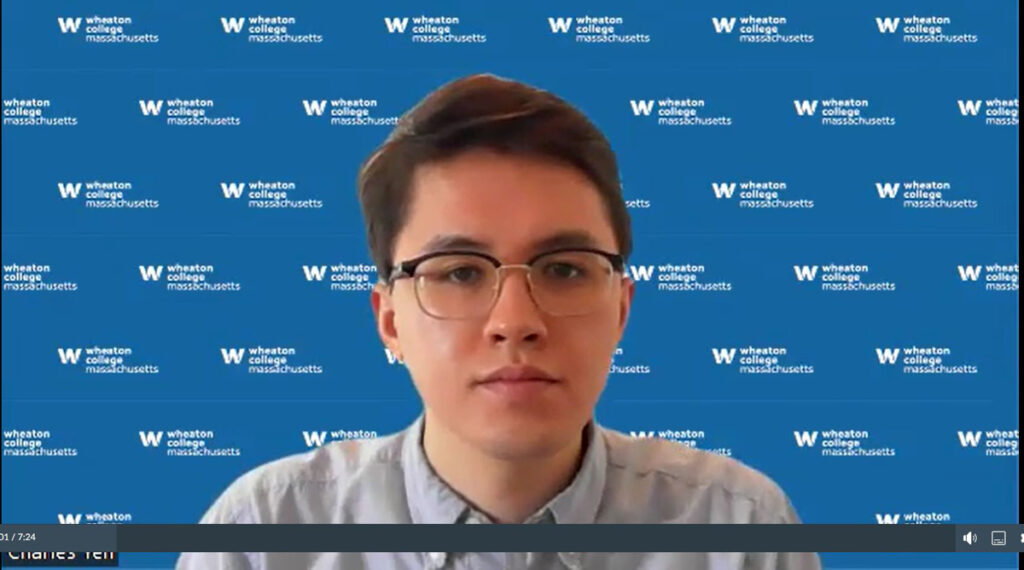Learning Outcomes
Where can a major in Economics take you?

Kendra Leith ’06 (video)
Associate Director for Research, MIT D-Lab

Sam Mello ’02 (video)
Head of Investment Operations, Cambridge Associates

Charles Yeh ’22 (video)
Economist, U.S. Dept of Labor, Bureau of Labor Statistics
Economics Major/Minor
- To acquire knowledge of economic concepts, institutions, theories and methods and to demonstrate competency in using this information to analyze economic events and to evaluate economic policies.
- To learn to locate and retrieve economic data and information and to critically interpret this information.
- To develop and demonstrate economic literacy through discussion and creative synthesis of economics literature, including economic writing that applies and integrates data, uses quantitative tools, employs theoretical models, and develops policy prescriptions.
- To refine and demonstrate analytical and critical thinking skills, including logical reasoning and the abilities to apply and interpret quantitative, qualitative, and graphical information in a problem-solving context.
- To develop the skills necessary to communicate effectively in writing and orally about economic issues, including learning to formulate and present well-organized economic arguments supported by evidence.
- To develop economics research skills.
- To gain understanding of economies in a global context.
- To acquire knowledge of heterodox approaches to economics and to engage in the study of economics in an interdisciplinary context.
- To develop the capacities and habits of life-long learning that will equip students with the flexibility necessary to be successful in the uncertain and fast-paced world of tomorrow as well as to engage actively and critically with the changing economic issues of society.
Economics provides a framework for answering questions which center on issues of production, and distribution. It provides a way for us to understand the implications of many important events reported daily by the news media.
In studying economics you will hone your writing and speaking skills; gain experience in problem solving; and learn how to sort through and analyze the welter of confusing data that the complex global economy generates. You will use some of the latest computer technology not only to gather but also to analyze information. You will have the opportunity to study how global economic forces affect your lives and your career options, and how these forces interact with social structures and cultural norms to affect men and women differently. You will gain a valuable perspective to help you learn from your job and internship experiences.
The skills you develop studying economics will prepare you for many different careers from the business world, to government, to finance, to the not-for-profit sector. Studying economics in a liberal arts setting gives you the flexibility necessary to be successful in the uncertain and fast-paced world of tomorrow. It will prepare you to become an active and critical member of society who can contribute to our nation’s well-being. The faculty of the Economics Department look forward to working with you to understand some of today’s most challenging and important issues.
Mathematics and Economics Major
- To acquire and demonstrate analytical and critical thinking skills and to apply and interpret quantitative, qualitative and graphical information in a problem-‐solving context
- To acquire knowledge of economic and mathematical concepts, theories and methods and to demonstrate competency in using this information to analyze economic events, understand the workings of economic institutions and to evaluate economic policies
- To develop economic research skills, to locate and retrieve economic data and information and to critically interpret and evaluate this information
- To develop and demonstrate economic and mathematical literacy through analyzing and discussing original economic and mathematical scholarly research
- To develop the skills necessary to communicate effectively in writing and orally about economic and mathematical issues
- To be able to formulate and provide well organized and clear presentations of economic and mathematical arguments and models along with the relevant supporting evidence.
- To develop the capacities and habits of life-‐long learning that will equip students with the flexibility and skills necessary to succeed in a constantly changing environment.

Photo credit: Breanna Lynch ’14